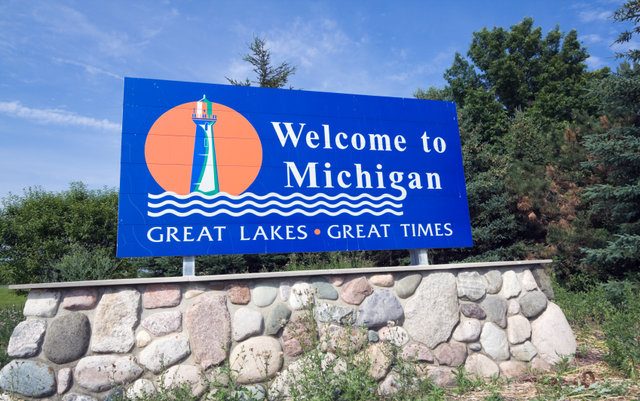The transition from criminalization and prohibition to a legal market isn’t an easy one, but the state of Michigan is in the process of making the change. Unfortunately for those who live there – and those who hope to partake in their legal cannabis – it’s a slow-moving shift. It’s been almost a year since voters chose to allow recreational cannabis, and the state will begin accepting applications for business licenses on November 1st.
However, there are some – like Robin Schneider, Executive Director of the Michigan Cannabis Industry Association – who don’t think people will be flocking to snag up those licenses like many would hope. The reason for this, Schneider believes, is because of the current statewide shortages and how long it will be until legal flower is ready for sale.
“It’s incumbent upon us to ensure that there’s access for medical patients through the medical marijuana facilities,” said Andrew Brisbo, director of the state Marijuana Regulatory Agency.
Some states – like Oregon and Nevada – have successfully allowed adult consumers to purchase products from an existing medical marijuana market until a fully licensed and regulated recreational market was available. For Michigan, this won’t work simply because their medical marijuana market is not sustainable as it is right now. With a shortage already, they are struggling to supply the needs of their current customers – let alone additional consumers.
On top of that, the state Marijuana Regulatory Agency hasn’t even decided if it will allow medical marijuana flower, concentrates or infused products to transfer over to the recreational market. Even if there weren’t supply problems, legally those products can’t be sold to regular adult consumers. At this rate, that isn’t likely to change any time soon. Instead, the state is focusing on licensing cultivators and processors to get the supply for the adult use market up without taking away from medical marijuana patients.
The state doesn’t seem to expect that it will take long to get licenses awarded to applicants – especially since many will likely be existing medical marijuana businesses – but it will still take a few months to get product to the consumers. Even if the first businesses are licensed before the end of the year, it will be spring 2020 before any recreational cannabis hits dispensary shelves. The first harvests, at this rate, are expected in late March to early April, meaning products could potentially hit the shelves by May.
It’s a long wait, but recreational cannabis consumers are one step closer to being able to purchase their bud from a dispensary. On the other hand, if the state doesn’t find a way to fix their supply problem, then the black market will continue to thrive until they figure it out.






